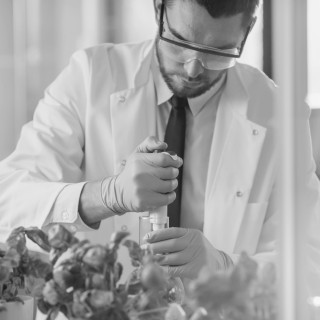
EU COMMISSION TO RESTRICT THE USE OF ALOE SPECIES, RHEUM PALMATUM L., RHEUM OFFICINALE BAILLON, CASSIA SENNA L., RHAMNUS FRANGULA L. AND RHAMNUS PURSHIANA DC.
Apr 04, 2020
The Commissionâs proposal aims to restrict the use of hydroxyanthracene derivatives following safety concerns by the EFSA. The safety assessment noted proof of genotoxicity of the hydroxyanthracene-derivates aloe-emodin and emodin and danthron and that no safe intake level could be established, according to which the Commission concludes the substances should be prohibited. The ban will extend to all extracts from the leaf of Aloe species containing hydroxyanthracene derivatives.
For a number of other botanical species that contain hydroxyanthracene derivatives, the scientific evidence is not conclusive, however there are also doubts on their safety for consumption. The Commission therefore proposes to place the following botanical extracts under scrutiny;
- âextracts from the root, rhizome of Rheum palmatum L., Rheum officinale Baillon and their hybrids containing hydroxyanthracene derivativesâ;
- âextracts from the leaf, fruit of Cassia senna L. containing hydroxyanthracene derivativesâ;
- âextracts from the bark of Rhamnus frangula L., Rhamnus purshiana DC. containing hydroxyanthracene derivativesâ
The Commission draft Regulation to restrict the use of the named substances has been made available for feedback until 1 april.
EU COMMISSION: Food safety â list of substances in food prohibited or permitted under scrutiny (hydroxyanthracene derivatives) - link











